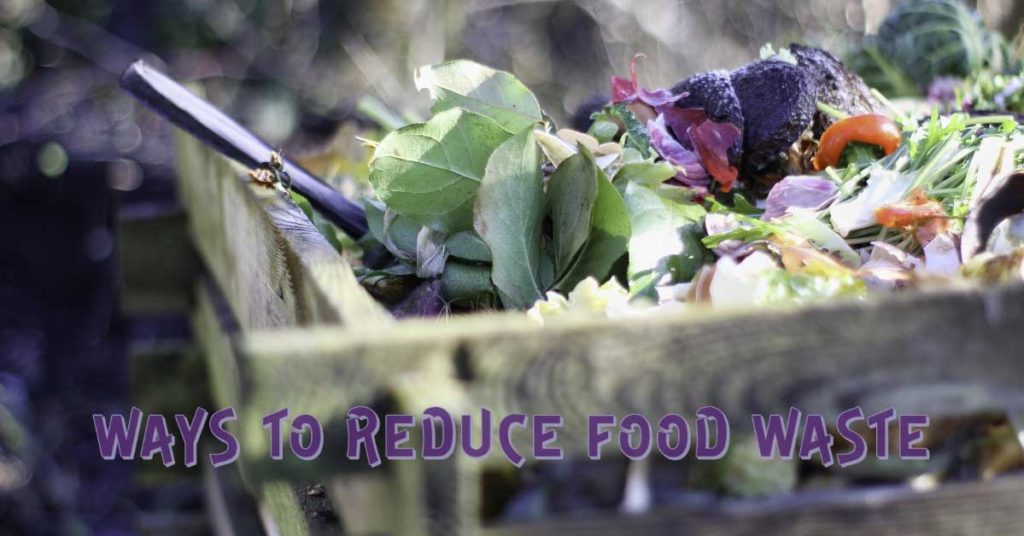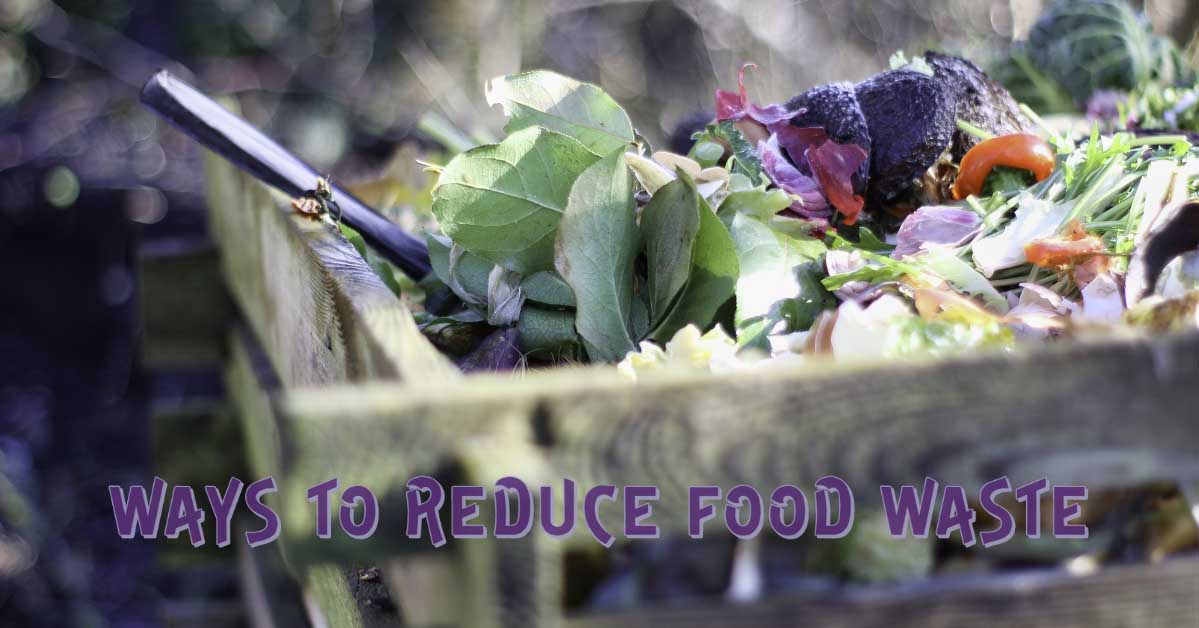
The number one biggest waste of money in the kitchen is food waste. Research shows that approximately $10 billion worth of food is lost on the consumer level, in Canada each year. That works out to be about $1,100 a household, per year. We all need ways to save money. It’s practical and economical. Whether you’re on a tight budget, you’re saving for a big ticket item, or maybe you’re just trying to be more eco-friendly, saving money by reducing food waste is an easy way to help fill the pocket book, or not empty it as quickly. Here are some tips for reducing food waste:
Meal Planning
This is something that is very tedious for some, but it will save money. For all you Pinterest lovers out there, create a meal planning board and section it out in meals. That way when it comes time to make your meal plan there are tonnes of great ideas in one spot, and they’re specific to you. Once you’ve made a plan, create a grocery list and stick to it!
Meal Prepping
Again, this can be a tedious task, but there are ways to spruce it up. Choose a specific day of the week and prep as many meals as possible. Have your meal plan in front of you and portion out the ingredients for each meal. This will also save time in the long run. Get the kids involved and make it a family thing. Put some music on, sing and dance while you work. Listen to an audio book or a podcast. You’ll thank me later.
Save Scraps
Save your scraps when you’re prepping. Keep a container in the freezer and save all your fresh produce scraps like potato peels, tomato ends, spinach stems, onion peels, etc., once you’ve got a freezer bag full dump it onto a pan throw it in the oven and let it roast for a while then toss it into a pot, add water, spices of your choice, and some salt and let it simmer. Pour it into ice cube trays and a few bigger containers. Now you have your own homemade broth, which you can easily add to your meals when cooking. Note: since you’re using scraps the broth you create will never be the same twice.
Proper Food Storage
It’s incredible how little we know about food storage. There are many factors that come into consideration: moisture content, temperature, light levels, gasses released by other food items, and much more. For example, cucumbers are not to be kept in the fridge as they are sensitive to cold temperature, which in turn makes them decay faster. This is a big subject which deserves it own article, keep a look out for this in the near future.
Save Overripe Produce
Buying certain produce is sometimes a roll of the dice. You buy a bunch of tomatoes that seem perfect, and you choose your avocados so they’ll be the perfect ripeness when you need them. Then you get them home and your tomatoes ripen too fast and we all know avocados have minds of their own. Your bananas ripen too much before you get to all of them, or your carrots start to grow hairs. Save them! They’re all good for something. Tomatoes can be tossed into the scrap bin. Carrots, apples and bananas are great for baking. Avocados can made into chocolate pudding, or simply chopped up and put into the freezer for smoothies. Get creative!
These are just five ways to reduce food waste in the home. Be patient and creative. There’s always going to be a little bit of waste, no matter how hard you try. No one is perfect, we just do the best we can with the tools we have. We hope you found useful information in this article and added knowledge to your tool belt. Stay healthy everyone!







